Crowcon Detection Instruments is working together with Solent University’s Warsash School of Maritime Science and Engineering – all in the name of teaching engineering cadets, senior Merchant Navy officers, and Superyacht crews.
Solent delivers world-renowned yacht and powerboat design degree programmes, a suite of international maritime studies courses and a wide range of specialist support services for the maritime industry. It is also conducting a large number of research studies that make a real impact on industry thought leadership.
Their partnership with Crowcon makes good sense! The marine environment is a dangerous one – and not just the more obvious hazards like high seas, storms, or rocks and coral reefs. Confined spaces on ships, high-risk cargo, and on-ship processes all present potential gas hazards.
To keep mariners safe, gas monitoring equipment is essential. Gas detection equipment requires specific marine environment testing and certification to ensure suitability to the extreme environments it operates in. The European Marine Equipment Directive (MED) approval is internationally recognised. Gas detectors used by mariners onboard a vessel registered in an EU country must hold MED approval, and show the wheel mark to demonstrate compliance.
Crowcon has provided the university with demonstration T4 portable multi gas detectors. T4 provides effective protection against the four most common gas hazards experienced in the marine industry, and is robust and tough enough to deal with the demanding marine environments. T4 is ideally suited to help vessels comply with multiple SOLAS requirements which dictate the need for gas detection onboard vessels.
John Gouch, lecturer at Solent University, said: “I have used Crowcon instruments in industry for many years, and know how reliable and trustworthy their gas detectors are. Since joining Warsash 18 months ago, I have been keen to ensure students understand the important part gas detection plays within the on-board safety system.”
“By using demo units of these detectors within our marine engineering courses, we can show the importance of gas detection in a marine environment to hundreds of seafarers and mariners, keeping as many people as possible aware and safe.”
Louise Early, Head of Marketing at Crowcon, said: “We’re really pleased with our partnership with Solent University. By developing our relationship with training establishments, our safety message gets out to the people who will benefit most. We are always keen to learn from industry and this programme also offers Crowcon further insight into the way in which our equipment is used.”
For more information, visit the Solent University website, or the marine section of our industries page.



